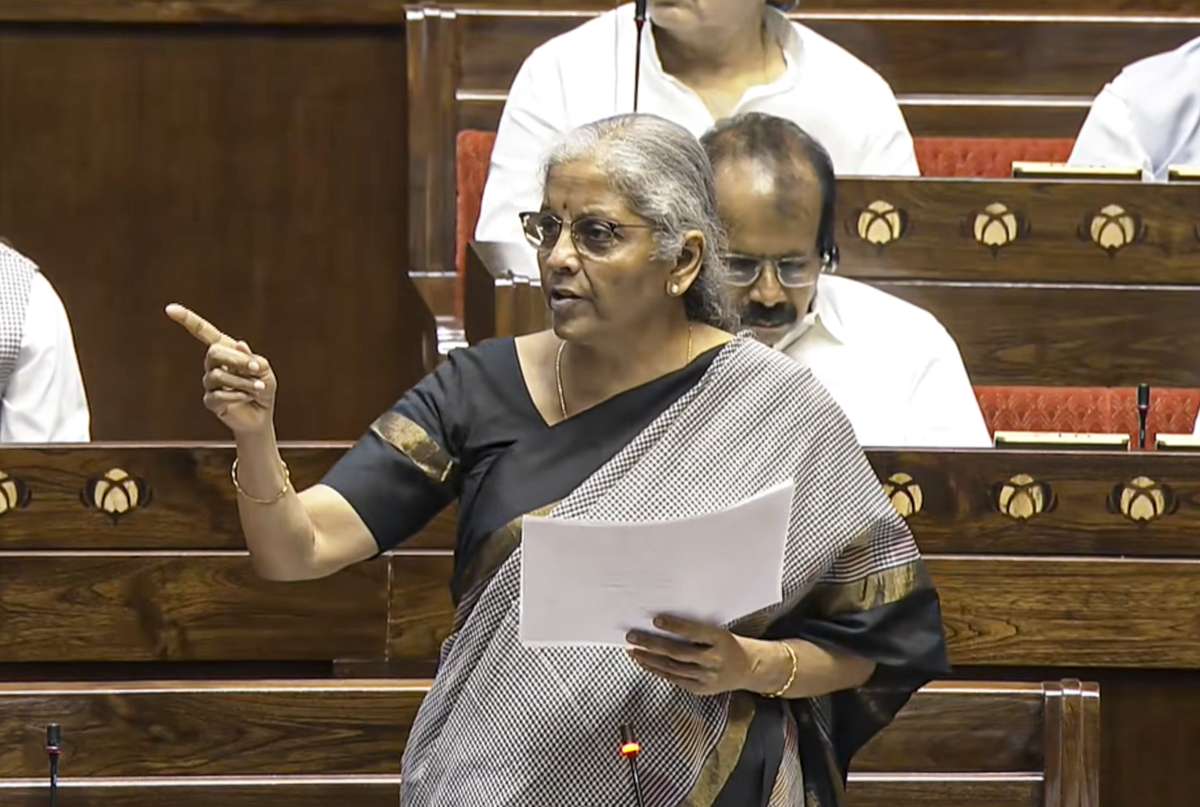Nirmala Sitharaman: A Legacy of Economic Reform and Resilience at 66

India's Finance Minister, Nirmala Sitharaman, recently celebrated her 66th birthday, marking a significant milestone in a career defined by impactful economic leadership. As the first full-time woman to hold this pivotal position, Sitharaman has navigated complex economic landscapes and spearheaded crucial reforms that have shaped India's financial trajectory. This article takes a look back at her key achievements and the challenges she has overcome, highlighting her contributions to tax reforms, banking consolidation, and economic recovery efforts.
Early Career and Rise to Prominence
Before entering national politics, Nirmala Sitharaman had a distinguished career in the Indian Administrative Service (IAS) and later as a senior economist with PricewaterhouseCoopers. Her background provided a strong foundation for her later role in shaping economic policy. She initially served as a member of the National Commission for Women, advocating for gender equality and women's empowerment. Her sharp intellect and unwavering dedication quickly propelled her through the ranks, eventually leading to her appointment as Minister of State for Commerce and Industry, and subsequently as the Defence Minister before assuming the Finance portfolio.
Key Achievements: A Transformative Tenure
Sitharaman's tenure as Finance Minister has been marked by a series of significant policy initiatives aimed at bolstering the Indian economy. Here are some of the highlights:
- Goods and Services Tax (GST) Reforms: A cornerstone of her efforts has been streamlining and simplifying the GST system. Recognizing the initial challenges faced by businesses, she has actively pushed for revisions and clarifications to ease compliance and promote wider adoption. This includes reducing tax rates on various goods and services, and simplifying return filing processes.
- Banking Sector Consolidation: The Indian banking sector faced considerable challenges with non-performing assets (NPAs). Sitharaman championed the consolidation of public sector banks, aiming to create stronger, more resilient institutions capable of better serving the economy. The merger of several banks has resulted in fewer, larger banks with improved efficiency and capital adequacy.
- Economic Recovery Initiatives: Facing economic headwinds, particularly in the aftermath of the COVID-19 pandemic, Sitharaman has introduced various stimulus packages and measures to revitalize the economy. These include tax cuts, infrastructure investments, and support for small and medium-sized enterprises (SMEs). The PLI (Production Linked Incentive) scheme, designed to boost domestic manufacturing, is a key example of her proactive approach.
- Infrastructure Development: Recognizing the importance of infrastructure for economic growth, Sitharaman has prioritized investments in roads, railways, and ports. The National Infrastructure Pipeline (NIP) is a testament to this commitment, aiming to channel significant funds into infrastructure projects across the country.
- Fiscal Prudence & Budget Management: Sitharaman has consistently emphasized fiscal discipline while also ensuring adequate resources for development programs. Her budgets have attempted to balance the need for growth with the importance of maintaining a sustainable fiscal path.
Challenges and Criticisms
While Sitharaman's tenure has been marked by significant achievements, she has also faced criticism. Concerns have been raised regarding the pace of economic recovery, rising inflation, and the impact of certain policy decisions on specific sectors. Managing the country’s debt levels and ensuring equitable distribution of economic benefits remain ongoing challenges.
Looking Ahead
As Nirmala Sitharaman turns 66, she continues to play a vital role in shaping India's economic future. Her experience, expertise, and unwavering commitment to reform position her well to navigate the challenges ahead and steer the Indian economy towards sustainable and inclusive growth. The focus will likely remain on structural reforms, attracting foreign investment, and creating a conducive environment for businesses to thrive. Her legacy will undoubtedly be defined by her resilience and her contribution to transforming India's financial landscape.





